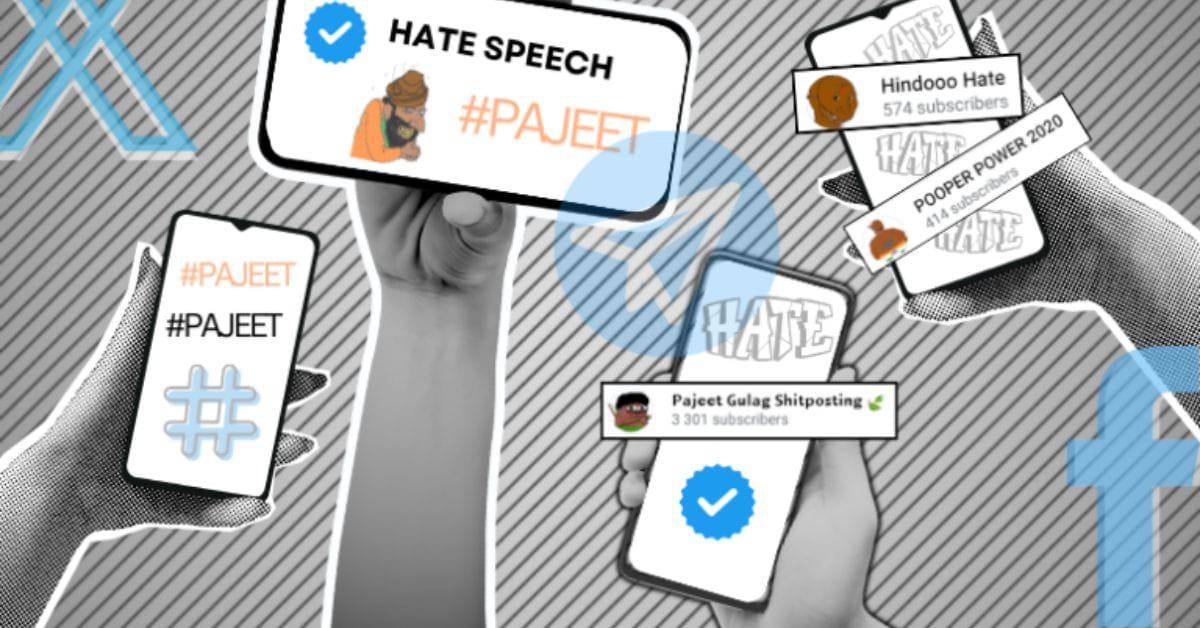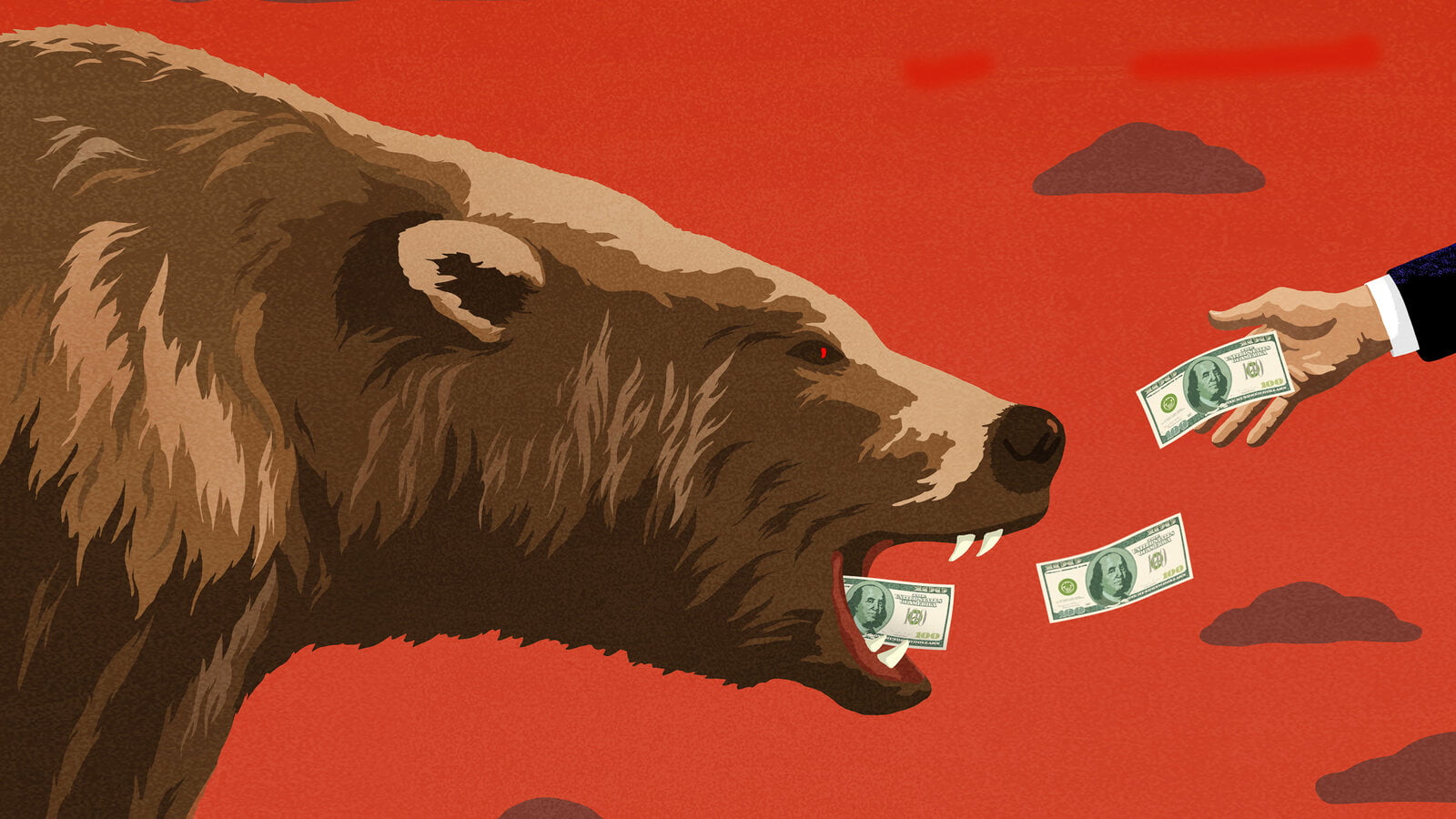This article is a book review of “Does the Elephant Dance?: Contemporary Indian Foreign Policy” written by David M. Malone and published in print on 2011 and online on 2015. The publisher is Oxford University Press.
Does the Elephant Dance? Contemporary Indian Foreign Policy is a study of Indian foreign policy and its evaluation on various parameters. The author of this book, David M. Malone, a diplomat, author, and former Rector (leader) of the United Nations University, has witnessed the firsthand development of Indian foreign policy and held discussions with the key decision-makers. Throughout ‘Does the Elephant Dance?‘ Malone exercises this confluence of diplomatic and scholarly authority artfully, tracing the key tenets of Indian foreign policy from its independence, till 2011.

The title of the book itself serves as a metaphor, and aptly captures the essence of India as an emerging potential global superpower. David Malone uses the word ‘Elephant’ to represent India. India has immense power (the elephant), but can it move with grace and agility on the world stage (the dance)? This metaphor captures the fascination surrounding India’s potential as a global player.
Malone argues that India lacks sufficient analysis of its foreign policy and aims to fill this gap. The book begins by exploring the historical roots of India’s international relationships, highlighting past events that continue to influence present-day emotions. Malone also examines India’s colonial experience and how it shapes current foreign policy decisions. The book explores how India’s foreign policy unfolded in three distinct phases. The first, under Prime Minister Nehru, which was driven by ideology. India championed anti-colonial movements globally, striving to lead newly independent nations. Detached from the Cold War’s harsh realities. It continued to concentrate on internal matters and the unification of India as a nation, despite predictions from many that it was destined to fail due to its inherent diversity, widespread poverty, and high illiteracy rates.
All the views and opinions expressed are those of the author. Image Credit: The New York Times.
About the Author

Wasia Khan holds a Bachelor of Arts (B.A.) Honours (Hons) in Turkish Language and Literature from the Department of Turkish Studies at Jamia Millia Islamia, and Master of Arts (M.A.) in Politics (International and Area Studies) from MMAJ Academy of International Studies of same varsity. She is currently developing the nascent think tank, Centre for Discourse, Fusion, and Analysis, while contributing analyses on foreign affairs to different media outlets.



